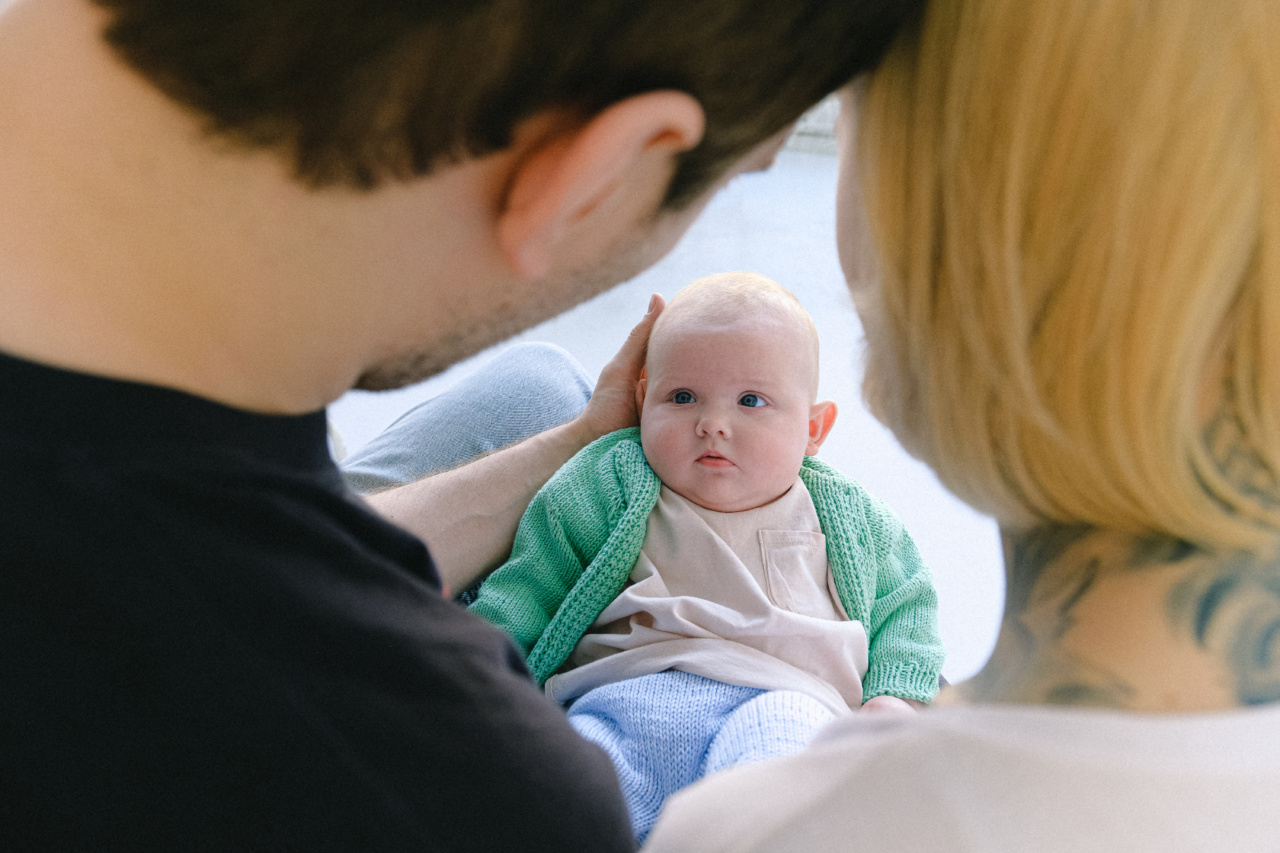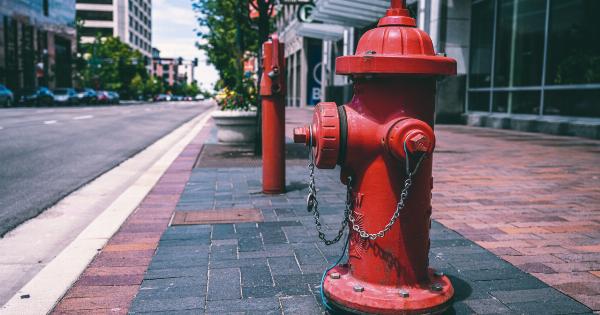Having a baby is a joyous and wonderful experience for many parents. However, it is essential to recognize that infants can also pose potential threats to themselves and others.
From accidental injuries to transmission of infectious diseases, it is crucial for parents to be aware of the risks and take necessary precautions to ensure the safety of their baby and those around them.
Accidental Injuries
Infants have limited mobility and coordination, which makes them highly prone to accidental injuries. It is essential for parents to create a safe environment for their baby by baby-proofing their home.
This includes securing furniture, covering electrical outlets, and keeping hazardous items out of reach. Additionally, ensuring proper supervision during activities such as bathing, feeding, and playtime can significantly reduce the risk of accidents.
Suffocation and Choking Hazards
Babies have an instinct to explore the world through their mouths, leading to potential suffocation and choking hazards. Parents should be cautious with small objects, keeping them out of reach, as they can be swallowed or cause choking.
Soft bedding, including pillows and blankets, should be avoided in the baby’s sleep environment to mitigate suffocation risks. Taking infant CPR classes and learning the appropriate response to choking emergencies is also highly recommended.
Transmitting Infectious Diseases
Infants have immature immune systems, making them more susceptible to infections. Parents should be vigilant in ensuring their baby’s vaccines are up to date and limit exposure to individuals who are unwell or have contagious illnesses.
Practicing good hand hygiene, such as frequent handwashing, and encouraging visitors to do the same can significantly reduce the risk of transmitting infectious diseases to the baby.
Sudden Infant Death Syndrome (SIDS)
SIDS is an unexplained cause of infant death that often occurs during sleep. While the exact cause of SIDS is unknown, there are several known risk factors, including sleeping on the stomach, exposure to secondhand smoke, and soft bedding.
To reduce the risk of SIDS, parents should ensure their baby sleeps on their back in a firm crib mattress with a fitted sheet. The sleeping area should be free from pillows, blankets, toys, and other potential suffocation hazards.
Burns and Scalds
Young children are particularly vulnerable to burns and scalds. To prevent these injuries, parents should set their water heater temperature below 120 degrees Fahrenheit, ensuring bathwater is not too hot.
Using stove and oven safety guards, keeping hot liquids out of reach, and installing fireplace guards are additional measures that can be taken to protect infants from burns.
Poisoning
Babies have a curious nature and tend to put objects in their mouths. This puts them at risk of accidental poisoning. Parents should store medication, cleaning products, and poisonous substances in locked cabinets out of the baby’s reach.
It is important to be aware of potential hazards in the environment and take necessary actions, such as installing childproof locks on cabinets, to prevent accidental ingestion.
Abusive or Neglectful Situations
While it is an unfortunate reality, some babies may be at risk due to abusive or neglectful situations.
It is crucial for society as a whole to be vigilant in recognizing signs of child abuse or neglect and report concerns to the appropriate authorities. Early intervention and support can help protect infants from harm and ensure their well-being.
Safe Sleep Practices
Ensuring a safe sleep environment is vital for infants. Babies should be placed on their backs in a crib with a firm mattress, fitted sheet, and no loose bedding or soft objects.
Co-sleeping should be avoided as it increases the risk of accidental suffocation or entrapment. Additionally, keeping the baby’s sleep area in the parents’ room for the first six to twelve months has been shown to reduce the risk of SIDS.
Childproofing the Home
Childproofing the home is an essential step in preventing accidents and injuries. This includes securing furniture, covering electrical outlets, and installing safety gates at stairways.
Cabinets should be fitted with childproof locks to prevent access to hazardous substances. Additionally, securing heavy or unstable objects that can tip over is crucial for preventing injuries caused by falls.
Regular Pediatric Check-ups and Vaccinations
Regular pediatric check-ups and vaccinations play a vital role in ensuring the overall health of the baby and preventing the spread of infectious diseases.
Parents should follow the recommended vaccination schedule provided by healthcare professionals to protect their baby from potentially life-threatening illnesses. Regular check-ups allow healthcare providers to monitor the baby’s growth and development, identify any potential health concerns, and provide appropriate guidance and support.
Conclusion
While babies bring immense joy and love into our lives, it is important to acknowledge and address the potential threats they can pose to themselves and others.
By taking necessary precautions, creating a safe environment, and being aware of potential risks, parents can minimize the likelihood of accidents, injuries, and the spread of diseases. The well-being and safety of our babies should always be a top priority.






























